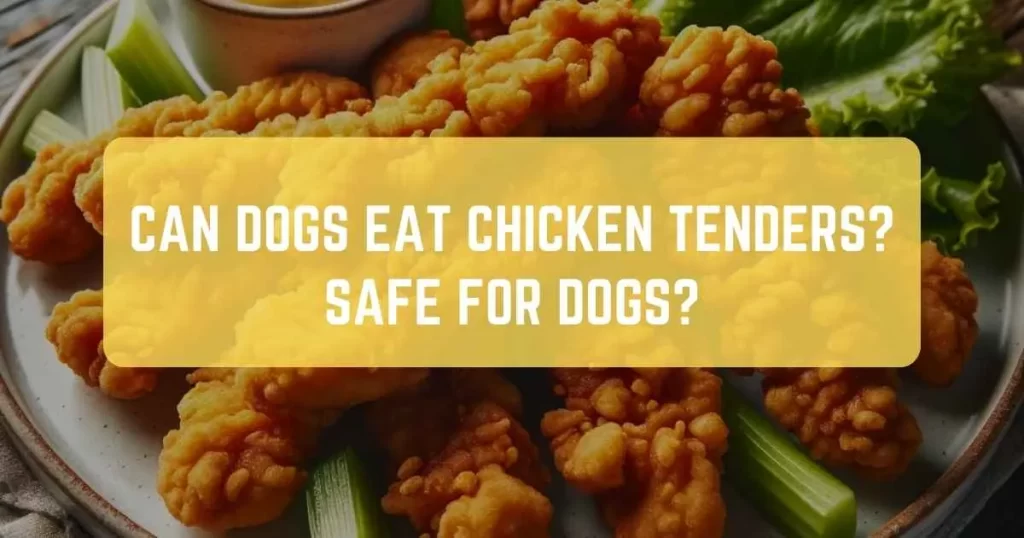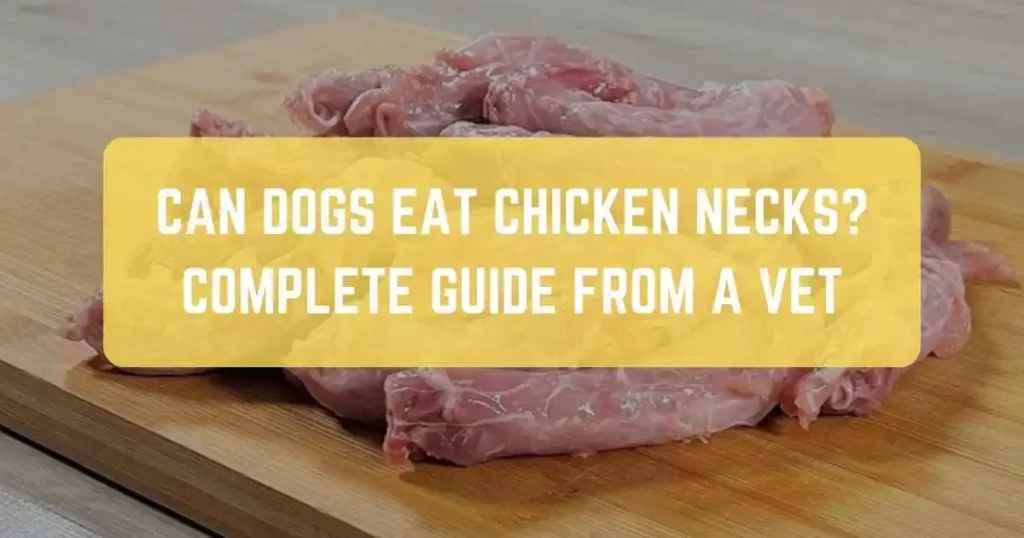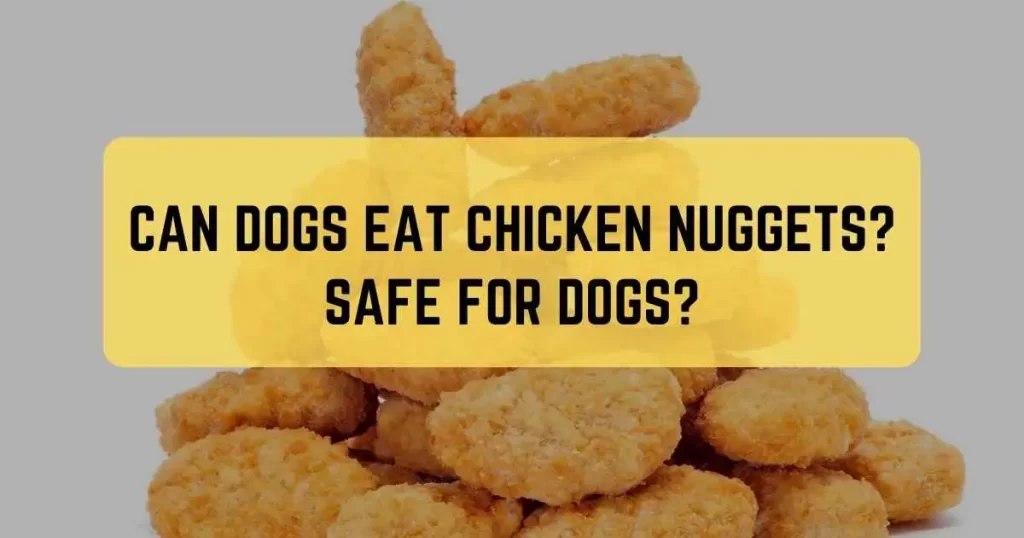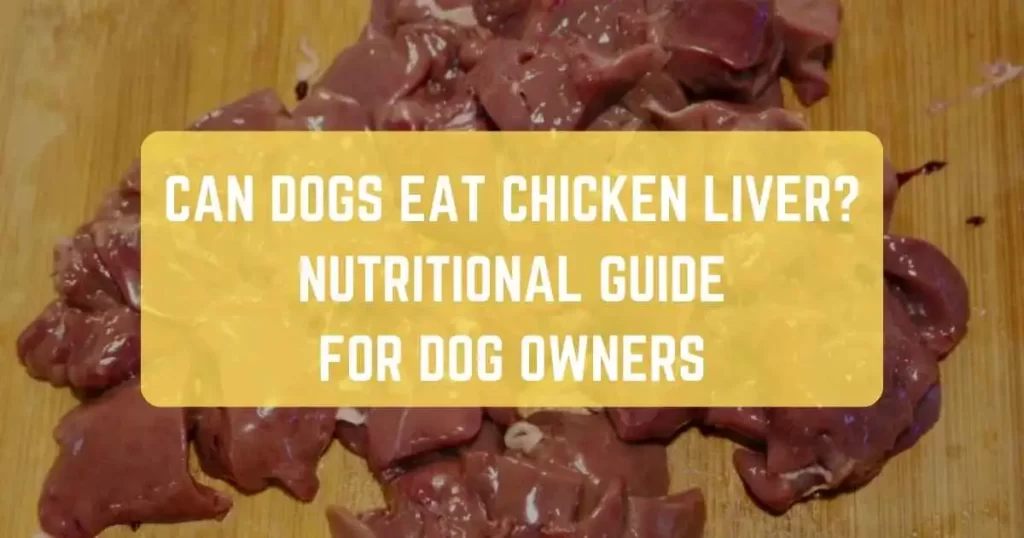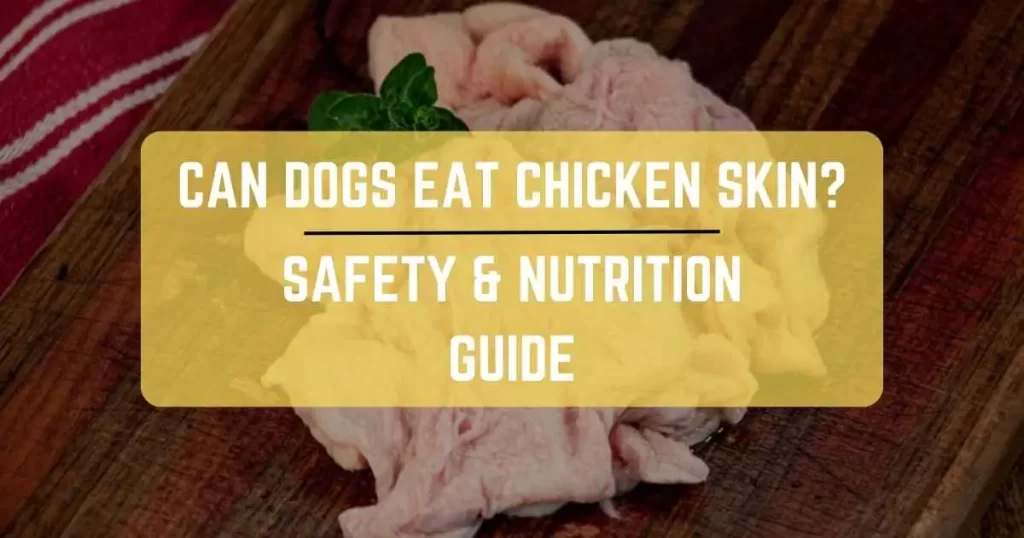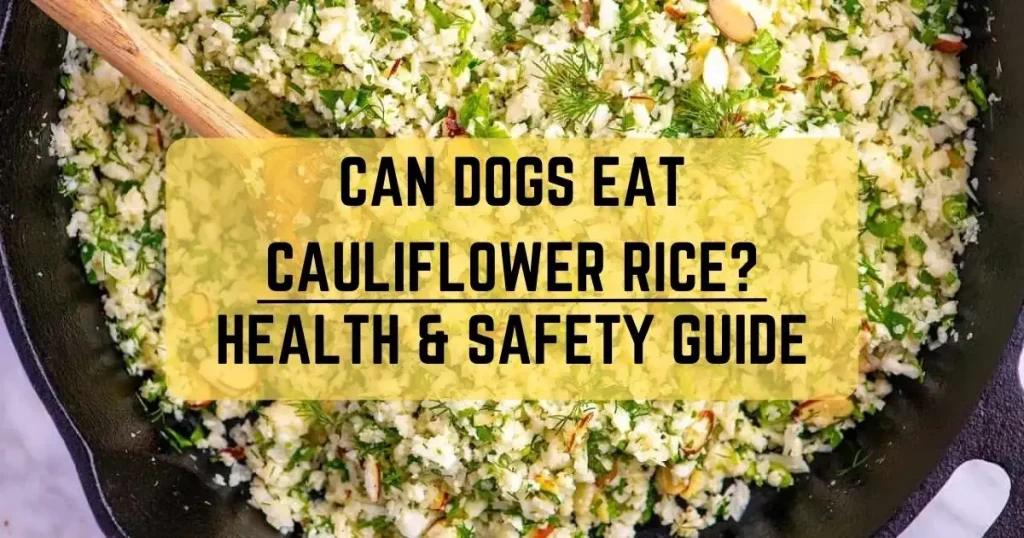
Curious about whether your furry friend can indulge in some cauliflower rice? You’re not alone in wondering if this popular human dish can also be a tasty treat for your canine companion.
The answer lies in the nutritional balance, potential risks, and the art of moderation. Join us on this bite-sized journey to discover if cauliflower rice can make it onto your dog’s menu.
From health benefits to cautious considerations, we’ll uncover all the details you need to keep your pup’s diet both exciting and wholesome.
So, let’s dig into the cauliflower rice conundrum and find out if it’s a “yes” or a “no” for your beloved pet.
Can Dogs Eat Cauliflower Rice?
Yes, dogs can eat cauliflower rice. It can be a safe and nutritious addition to their diet when served in moderation and without harmful seasonings. However, it should not become a primary daily food source. Consult your veterinarian for personalized dietary recommendations.
Benefits of Cauliflower Rice For Dogs
Cauliflower is packed with essential nutrients that can benefit your pup’s well-being. Here are some of the advantages of incorporating cauliflower into your dog’s diet:
- Rich in Vitamins: Cauliflower is a good source of vitamins C and K, which play crucial roles in maintaining your dog’s immune system and overall health. These vitamins promote better immunity and blood clotting.
- Low in Calories: For dog owners concerned about their pet’s weight, cauliflower is a great choice. It’s low in calories, making it a suitable option for pups on a diet.
- Phytonutrient Power: Cauliflower contains phytonutrients that can aid in reducing the risk of certain diseases. These compounds contribute to your dog’s well-being.
- Good for Digestion: The fiber in cauliflower can aid your dog’s digestive system and bowel movements, ensuring a healthy gut.
Risks of Cauliflower Rice For Dogs
While cauliflower can be a healthy addition to your dog’s diet, there are some risks to consider:
- Seasoning and Seasoned Varieties: Avoid feeding your dog cauliflower prepared with seasoning, especially garlic or onion, as these can be toxic for dogs. Stick to plain, unseasoned cauliflower.
- Digestive Upset: Introducing cauliflower abruptly in large quantities may lead to an upset stomach or gas in some dogs. It’s best to start with small amounts and gradually increase it over time.
- Cauliflower Leaves and Stems: While the florets of cauliflower are safe for dogs, the leaves and stems may be tougher to digest. It’s advisable to remove these parts before serving.
- Moderation is Key: As with any treat, moderation is crucial. Too much cauliflower can upset your dog’s stomach or lead to an imbalance in their diet.
Can Dogs Eat Cauliflower Rice Every Day?
No, feeding your dog cauliflower rice every day is not advisable. While cauliflower can be a healthy addition to their diet, it should not be a daily staple. Dogs require a diverse diet to meet their specific nutritional needs, and overreliance on cauliflower rice can lead to dietary imbalances.
How Much Cauliflower Can I Give My Dog?
Determining the right amount of cauliflower to feed your dog is crucial to prevent any adverse effects. It’s recommended to start with small quantities and gradually increase if your dog tolerates it well. Below is a table to provide you with a general guideline based on your dog’s weight:
| Dog’s Weight | Recommended Cauliflower Amount |
| Small Dogs | 1-2 small florets per day |
| Medium Dogs | 3-4 small florets per day |
| Large Dogs | 5-6 small florets per day |
Remember that this is a rough estimate, and your dog’s individual needs may vary. Always consult your veterinarian for personalized dietary recommendations.
Alternatives to Cauliflower Rice For Dogs
If you’re looking to diversify your dog’s diet or if they don’t react well to cauliflower, there are several healthy alternatives to consider:
- Broccoli: Like cauliflower, broccoli is a cruciferous vegetable that can provide similar health benefits when served in moderation.
- Carrots: These crunchy snacks are low in calories and high in fiber, making them a great choice for a dog’s diet.
- Sweet Potatoes: Rich in vitamins and fiber, sweet potatoes can be a tasty and nutritious addition to your dog’s meals.
- Green Beans: These are low-calorie vegetables that can serve as a healthy snack or supplement to your dog’s regular food.
Final Thoughts – Safe For Dogs to Eat?
In conclusion, while cauliflower rice can be part of your dog’s diet, it’s essential to do so with caution and in moderation.
Always prioritize a balanced diet that meets your dog’s specific nutritional needs. Keep an eye on their reaction to new foods and consult your veterinarian for guidance on incorporating cauliflower or other vegetables into their diet.
Remember, the key to a happy and healthy pup is a well-rounded and carefully planned diet that includes a variety of nutritious foods.
Frequently Asked Questions
Can Dogs Eat Raw Cauliflower Rice?
No, feeding your dog raw cauliflower rice is not recommended. Raw cauliflower can be difficult for dogs to digest and may lead to digestive upset. It’s safer to steam or cook cauliflower before offering it to your canine companion, as this makes it more digestible and reduces the risk of gastrointestinal issues.
Can Dogs Eat Broccoli and Cauliflower Rice?
Yes, dogs can eat broccoli and cauliflower rice in moderation, but it’s crucial to cook or steam these vegetables before serving. Raw broccoli and cauliflower can be tough to digest and may lead to digestive upset, so always opt for the cooked varieties to ensure your dog’s safety.
Can Puppies Eat Cauliflower Rice?
Yes, puppies can eat cauliflower rice, but it should be in moderation. Cauliflower rice can be a healthy addition to their diet, providing essential nutrients. However, it’s crucial to introduce it gradually and monitor their digestive response to avoid any potential discomfort or upset stomach.
Can Dogs Have Frozen Riced Cauliflower?
Yes, dogs can have frozen riced cauliflower in moderation as an occasional treat. However, it should be plain, unseasoned, and served in small quantities to prevent digestive upset. Always consult with your veterinarian to ensure it aligns with your dog’s specific dietary needs.


